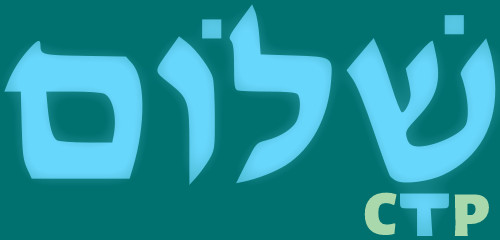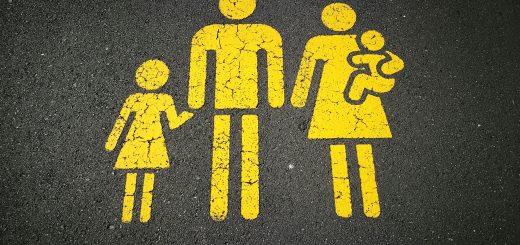Claiming the Peace

We have come to the highlight of the Jacob and Joseph drama series! Interestingly, the hero here, it seems, is Judah. To him is given the longest speech in all of Genesis, and I am given to think that he outshines everyone here (including Joseph) in chapter 44.
After all, he and his brothers have been put to a severe test. The stage has been carefully set.
Benjamin, son of Rachel, stealer of his father’s affections, has been framed, as per Joseph’s ruse. Judah and his brothers are given the golden opportunity to abandon their brother to slavery in Egypt and return home (v. 17). If they walk away, history will repeat itself. 22 years ago, they had sold off Joseph, also a son of Rachel and stealer of their father’s affections. The cycle of violence and brokenness within the family would continue.
But Judah shows himself to be greater than that. We have known him as a self-centred man, harbouring a long hurt of not being loved by dad, and still carrying the guilt of having betrayed Joseph (v. 16). He has also had to grieve the loss of two sons (38:7, 10). He was one of the walking wounded.
And so what he actually does here is marvellous.
He refers to Benjamin as brother (previously he was just called ‘boy’; 43:8). He also addresses Jacob as father (notice how many times “father” is mentioned in his speech). He accepts the reality of the latter’s favouritism; imagine how hard it was to repeat his father’s words, “My wife bore me two sons” (v. 27).
In spite of this, Judah voluntarily offers himself as a sacrifice for Benjamin (v. 33). Perhaps he wants to spare his father the pain of losing two sons (as Judah himself suffered). He fears for his father’s welfare (v. 54). Judah could have walked away, but instead he places his father’s and his brother’s welfare above his own.
This is no easy matter.
As I write this, I think with sadness of a few people I know who suffer from broken relationships – estrangement from their colleagues, friends, and even spouses. Even relationships that are governed more by man-made categories than by the table-land of grace and love (which makes us all level with God and with each other) are not whole. There are many factors that can explain why reconciliation has not taken place:
- Feeling cruelly unloved
- Seeing oneself as a victim of injustice
- Not wanting to own up to one’s own guilt
- A lack of forgiveness
- Thinking only about one’s own welfare
- An unwillingness to feel compassion for another
For Judah, offering himself as a slave in place of his brother meant that he would overlook an injustice, and to love in a concrete way the very one who had ‘caused’ hurt to him. Anyone with his senses about him would agree that this was really hard.
And yet that is what Jesus has done for us!
Through God’s amazing Providence, Judah’s act of self-sacrificing love foreshadows Jesus’ vicarious atonement to restore what was broken between God and men ever since the Fall. He mediates between his brothers like a priest, with a concern for others like a good king. As we shall soon see, this will lead to a restoring of trust and wholeness within the family – this wholeness is what peace (or shalom) is about in God’s kingdom.
And the effect of righteousness will be peace, and the result of righteousness, quietness and trust forever. (Isaiah 32:17)
What’s more, Judah will get the privilege of kingship – even old Jacob will come to acknowledge that, and bless him for it (49:8-12). He has passed the test, and now he can claim the peace, and also the prize!
All these things Jesus has done for us. And He sends us out to do the same, in the power of His Spirit.
The Jacob story is a great story. But its real value for us is when we find ourselves in that Story. Shouldn’t we also claim the peace and the prize in all of our relationships?
…but where sin increased, grace abounded all the more. (Romans 5:20)
Finally, brothers, rejoice. Aim for restoration, comfort one another, agree with one another, live in peace; and the God of love and peace will be with you. (2 Corinthians 13:11)
Ng Zhi-Wen









